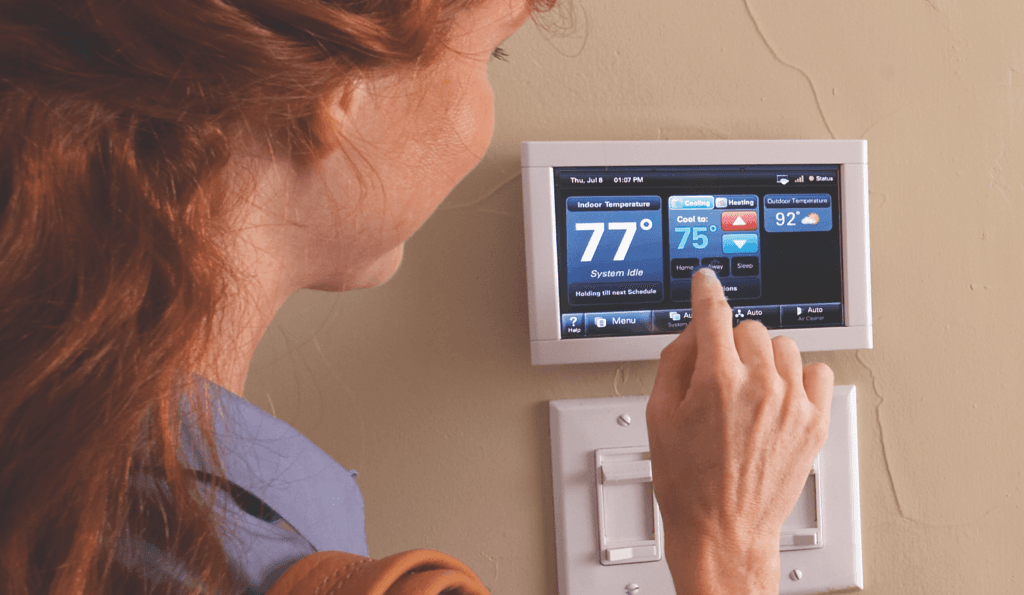Summer Is No Time for an HVAC Emergency
We depend on our HVAC systems to keep us warm in the winter and cool in the summer. But at one time or another, most homeowners will deal with a stressful HVAC emergency. With summer just around the corner, we’ve pulled together some tips on how to prevent a summer HVAC emergency and what to do if prevention is not enough.

